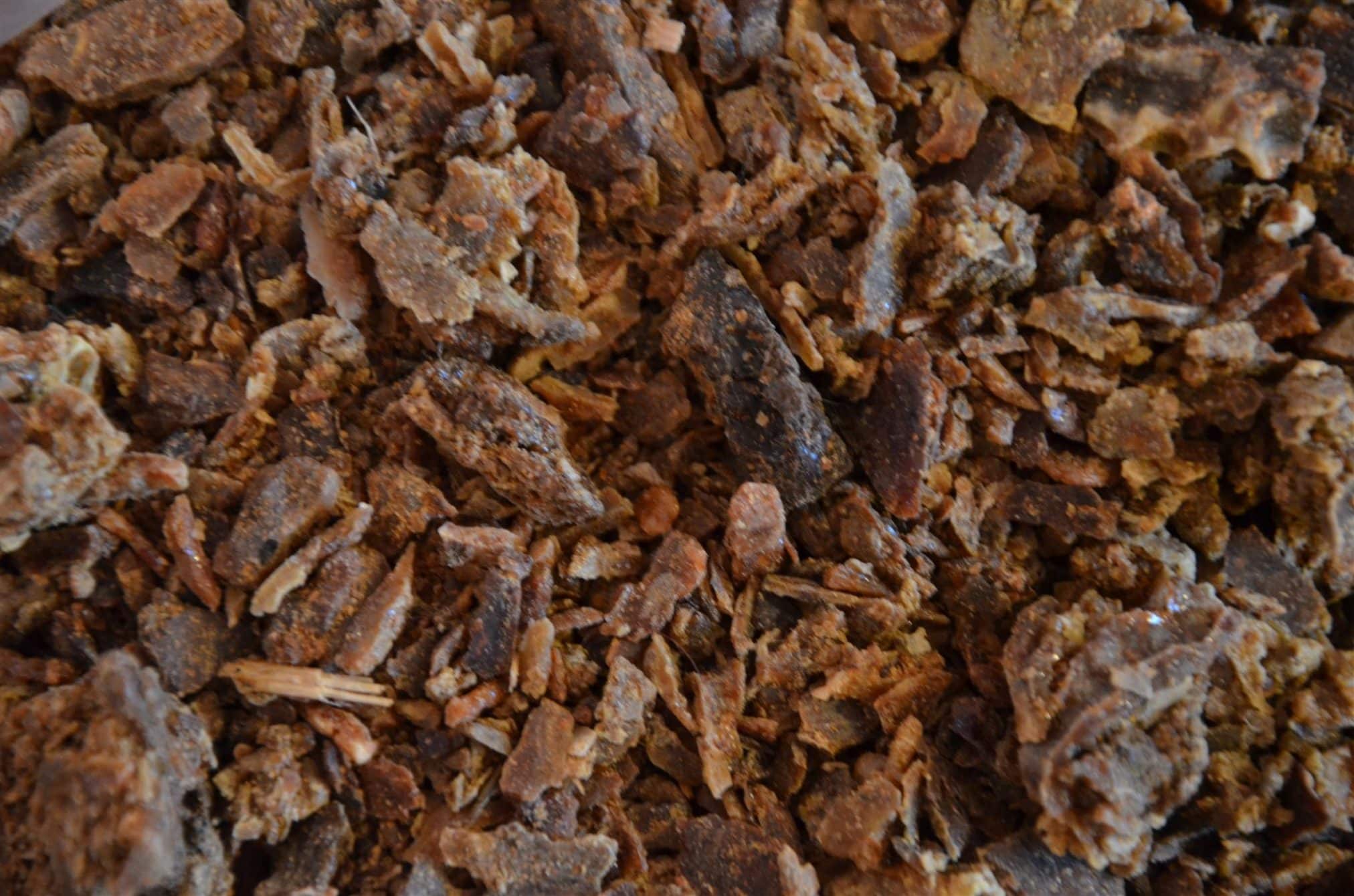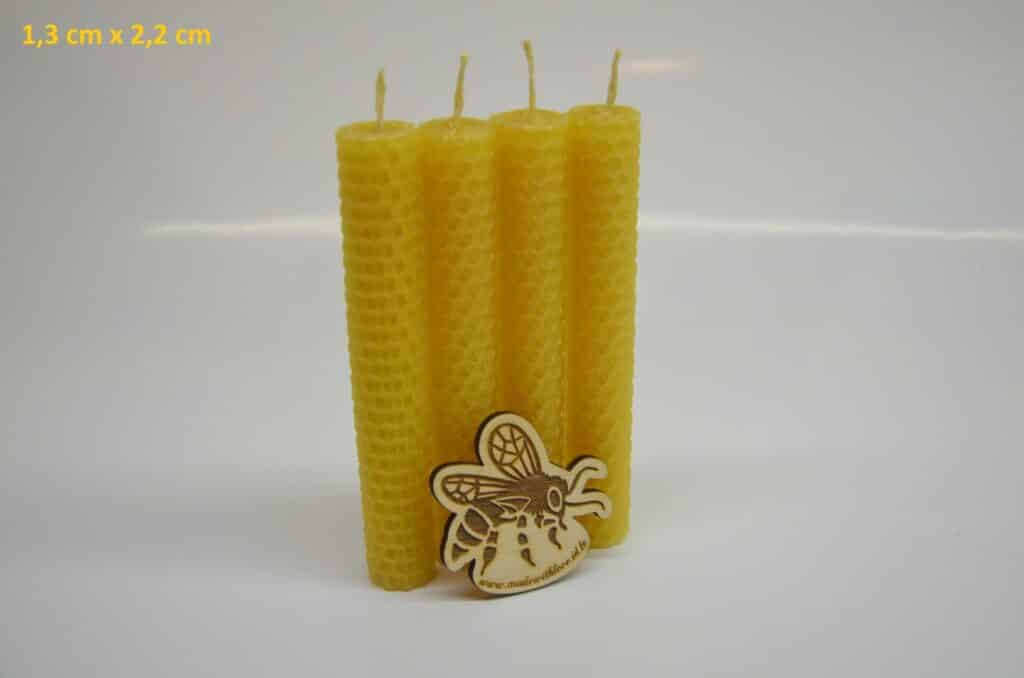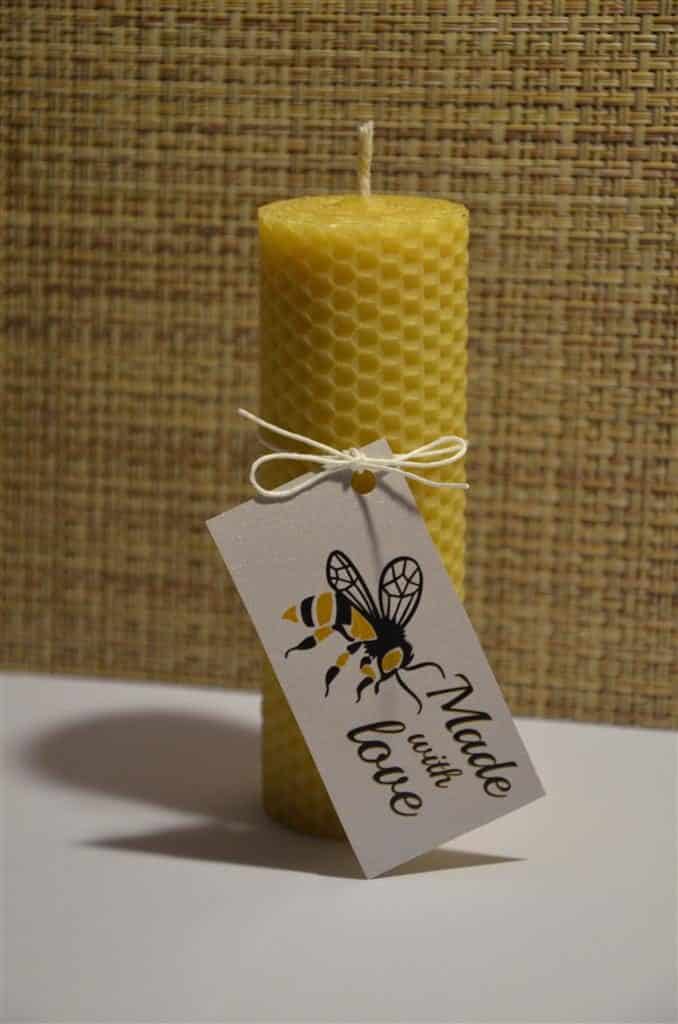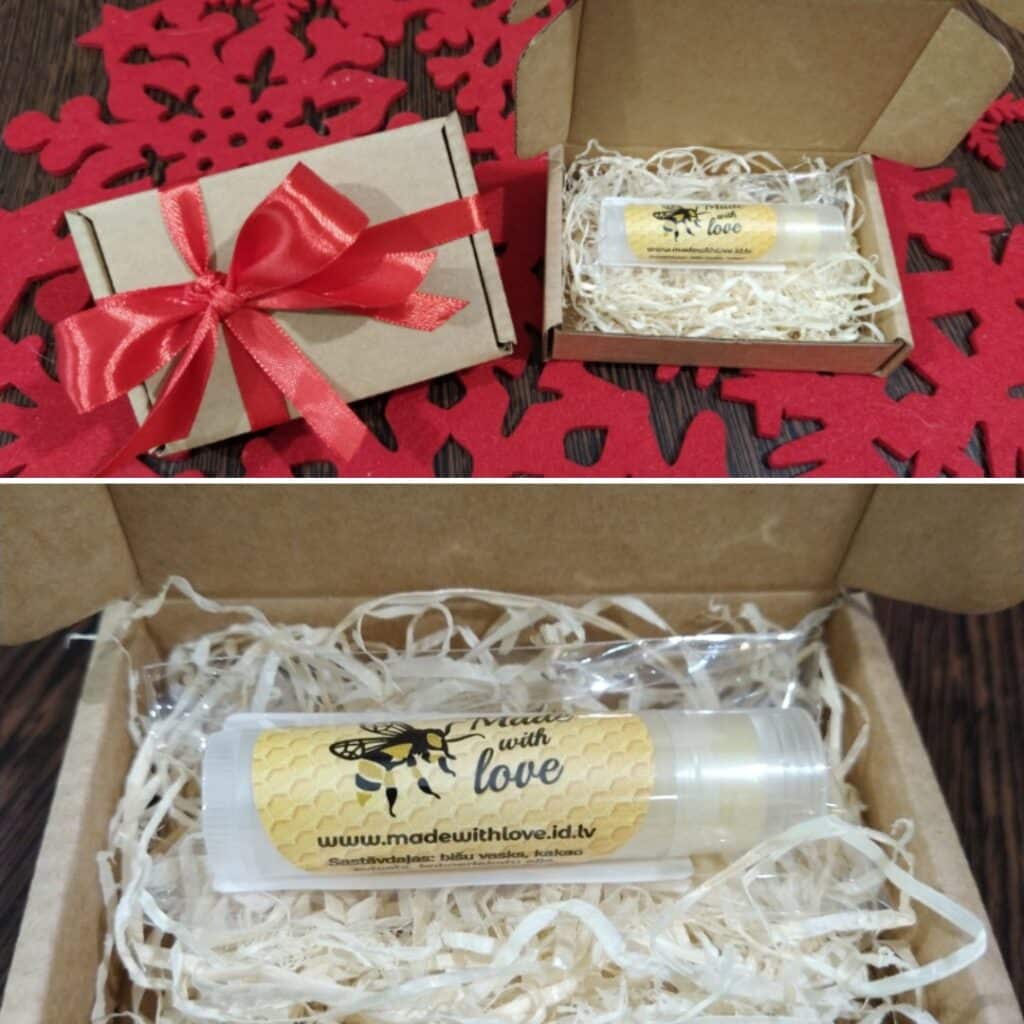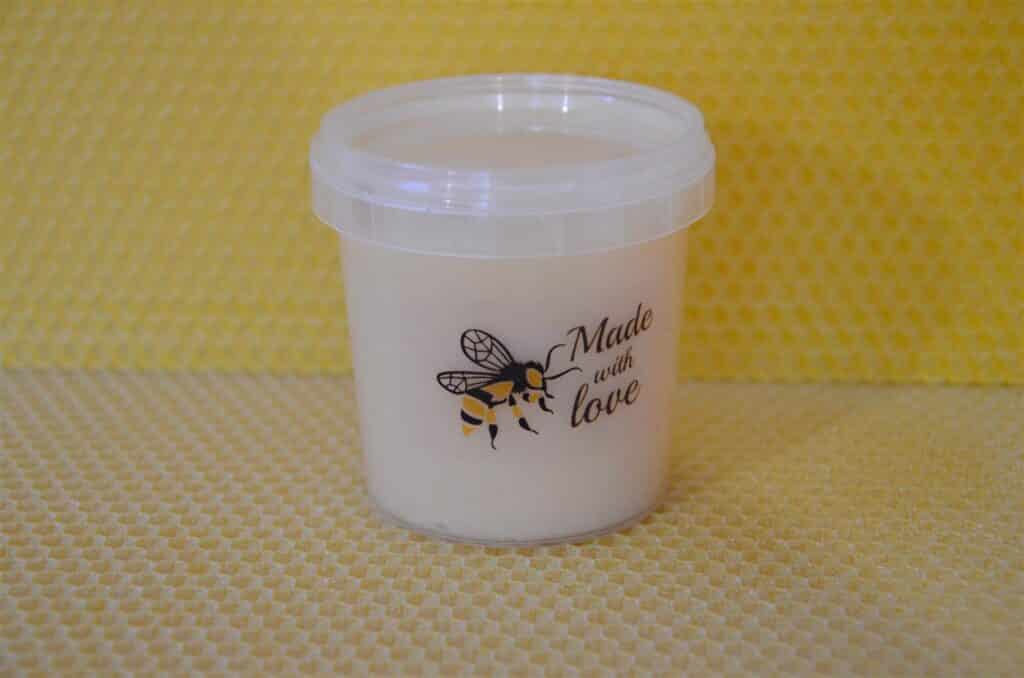What we offer?
We offer fresh collecte propolis from our hives.
Any size you wish we can offer.
What is it?
Did you know that honey isn’t the only thing that bees make? Bees also produce a compound called propolis from the sap on needle-leaved trees or evergreens. When they combine the sap with their own discharges and beeswax, they create a sticky, greenish-brown product that is used as a coating to build their hives. This is propolis.
Where to Get Propolis Today
One of the reasons behind propolis’ popularity is that it’s thought to have antibacterial, antiviral, antifungal, and anti-inflammatory properties. Propolis has been suggested to have a role in treating certain cancers as well.
Today, propolis is an ingredient in many manufactured beauty and skin care products. The compound is still used for medical purposes, which include:
fighting infections
boosting the immune system
healing genital herpes and cold sores
treating skin injuries
helping the mouth heal after dental surgery
It can be purchased in pharmacies or health food stores. Topical forms include creams, ointments, and lotions. Propolis can also be taken orally and comes in tablet, liquid extract, and capsule form. Currently there is no medically recommended dose because more research is needed. Manufacturers may suggest a dose on the product label.
What the Research Says
Despite its many uses, scientific research on propolis is still limited. Researchers aren’t exactly sure how it works, but the bee product does appear to provide protection from some bacteria, viruses, and fungi. One study found that applying a propolis solution to wounds helped to speed healing in rats with diabetes. These findings are encouraging, but still need further research.
According to the National Institutes of Health (NIH), propolis is “possibly effective” for treating cold sores, genital herpes outbreaks, and improving the healing process after mouth surgery.
Ointments that contain 3 percent propolis, such as Herstat or Coldsore-FX, may help speed healing time and reduce symptoms in both cold sores and sores from genital herpes. A recent study also suggests that propolis extracts might be a good treatment option for the herpes virus.
There is not yet enough evidence to determine whether or not propolis products are safe, but they’re not considered high-risk. People typically take in some propolis when they eat honey. However, if you have an allergy to honey or bees, you will also have a reaction to products containing propolis. Propolis may also cause its own allergic reaction when used for a long period of time. Talk to your doctor before adding propolis to your treatment plan, especially if you have existing allergies or asthma.
As modern medicine continues to study this ancient compound, more of its reported healing properties and uses may be proven effective.






